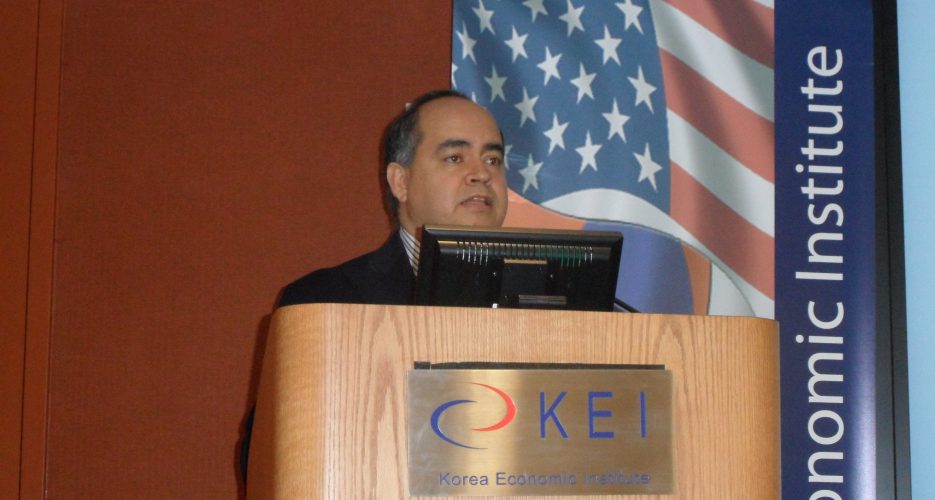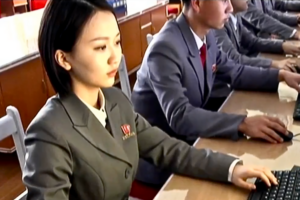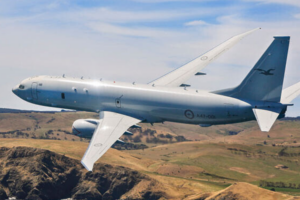On Wednesday April 27 2011, the Korean Economic Institute hosted Dr. José Luis Leon-Manriques, Professor of International and East Asian Studies, for a comparative presentation on the impact and effect of economic reforms in both Cuba and North Korea. During his presentation, Dr. León-Manríquez suggested that following two decades of reform, Cuba’s economy was now performing so much better than the DPRK's primarily as a result of its firm embrace of tourism in the 1990s.
Dr. León-Manríquez started by outlining Pyongyang and Havana’s official position on the economic crises that both countries suffered during the late 1980s and 1990s. The North Korean government at this time blamed woeful economic performance on external factors, including the demise of socialism, a multitude of weather related disasters, and external aggression. Similarly, Cuban rhetoric also suggested that poor economic performance during the “Special Period in Peacetime” (1990-1993) was the result of the Soviet collapse, hurricanes, U.S. sanctions, and the enactment of the Helms Burton Act. However, Dr. León-Manríquez suggested that a closer look revealed that both countries had been facing protracted economic crises for many years. In this regard, Dr. León-Manríquez cited the failure of various publicized economic plans and the default of several external debts in the 1970s and 1980s as evidence that crisis was structural and long-term in both cases.
On Wednesday April 27 2011, the Korean Economic Institute hosted Dr. José Luis Leon-Manriques, Professor of International and East Asian Studies, for a comparative presentation on the impact and effect of economic reforms in both Cuba and North Korea. During his presentation, Dr. León-Manríquez suggested that following two decades of reform, Cuba’s economy was now performing so much better than the DPRK's primarily as a result of its firm embrace of tourism in the 1990s.
Dr. León-Manríquez started by outlining Pyongyang and Havana’s official position on the economic crises that both countries suffered during the late 1980s and 1990s. The North Korean government at this time blamed woeful economic performance on external factors, including the demise of socialism, a multitude of weather related disasters, and external aggression. Similarly, Cuban rhetoric also suggested that poor economic performance during the “Special Period in Peacetime” (1990-1993) was the result of the Soviet collapse, hurricanes, U.S. sanctions, and the enactment of the Helms Burton Act. However, Dr. León-Manríquez suggested that a closer look revealed that both countries had been facing protracted economic crises for many years. In this regard, Dr. León-Manríquez cited the failure of various publicized economic plans and the default of several external debts in the 1970s and 1980s as evidence that crisis was structural and long-term in both cases.
Try unlimited access
Only $1 for four weeks
-
Unlimited access to all of NK News: reporting, investigations, analysis
-
Year-one discount if you continue past $1 trial period
-
The NK News Daily Update, an email newsletter to keep you in the loop
-
Searchable archive of all content, photo galleries, special columns
-
Contact NK News reporters with tips or requests for reporting
Get unlimited access to all NK News content, including original reporting, investigations, and analyses by our team of DPRK experts.
Subscribe
now
All major cards accepted. No commitments – you can cancel any time.











